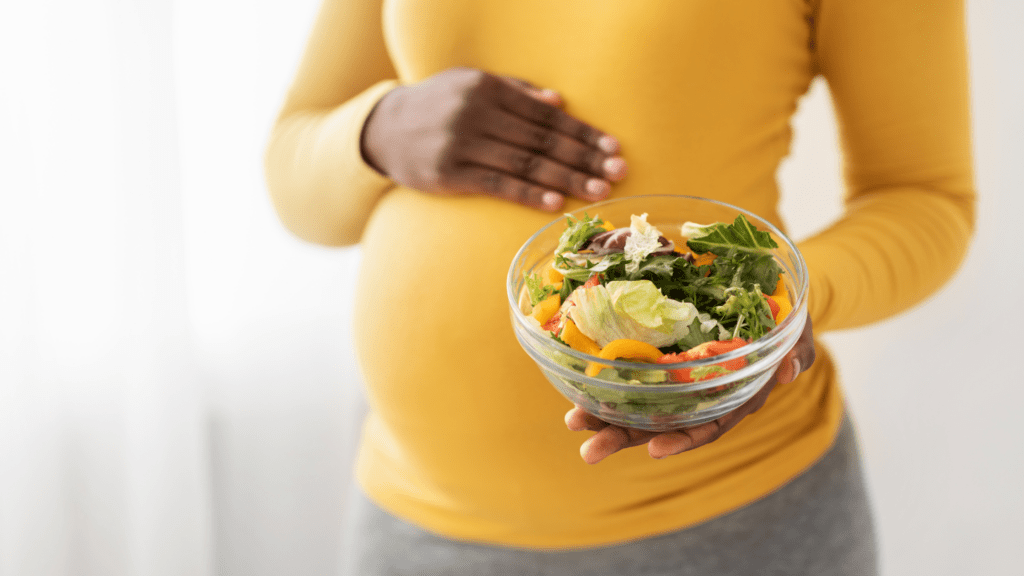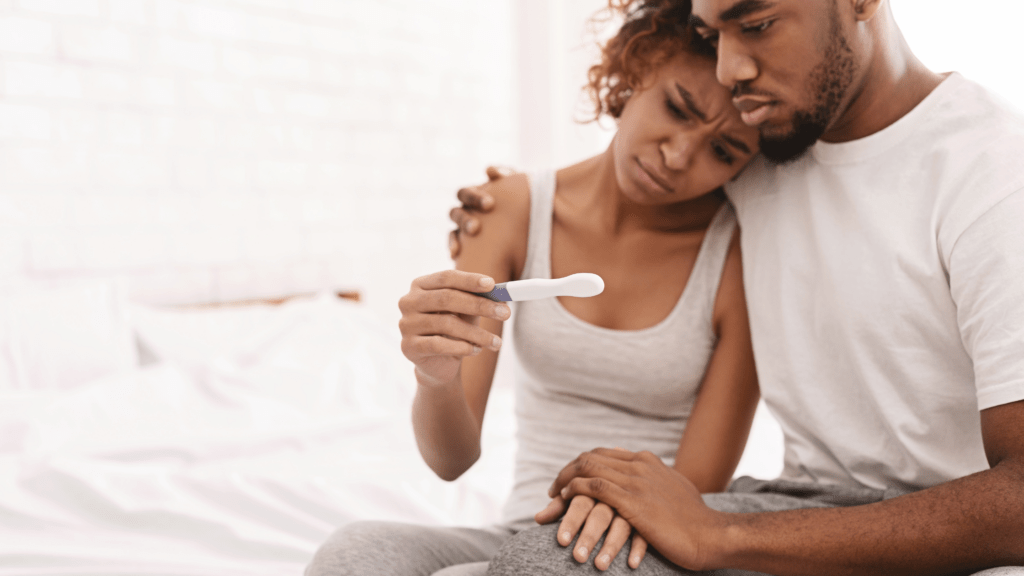
The Best Fertility Foods
Your chances of getting pregnant are increased if both partners have a healthy BMI. Having a healthy diet is beneficial for creating a healthy embryo, for your health during your pregnancy and for your child too.
Explore the factors influencing male fertility, from lifestyle choices to medical conditions, and understand the prognosis for conception.

Your chances of getting pregnant are increased if both partners have a healthy BMI. Having a healthy diet is beneficial for creating a healthy embryo, for your health during your pregnancy and for your child too.

Christmas can be a great time to go out, to be sociable and to meet up with family and friends that you haven’t seen for a while. Not everyone is tactful when it comes to comments and questions about starting a family, especially after a few Christmas drinks.

A new study by US experts suggests a possible link between the odds of getting pregnant and oral health. The

We’ve researched some questions you may want the answer to if you are on your IVF journey, but don’t really want to ask…

There are lots of different reasons why people feel there is a stigma attached to talking about fertility issues, we explore them in this blog.

Exercise is a great stress buster and reducing stress can have a positive impact on fertility and conception. Discover the best types of exercise when trying to conceive.

Some people are diagnosed in their teens or twenties, with conditions such as endometriosis or polycystic ovary syndrome. This gives them a heads up that when they want to start a family, they may have issues with their fertility.

Here at The IVF Network, we understand that mixture of relief and hope, that can sometimes, sadly, turn to feelings of loss and sadness. We explore what help and support are available to you after the loss of a baby, especially if you want to try to conceive again.

When couples are trying to conceive, male factor infertility accounts for around 40% of cases. However, historically, there appears to have been a lack of research of male fertility, compared to research into female infertility.

Chemotherapy can affect the fertility of both men and women and by talking to your oncologist and fertility experts, you can potentially reduce your risk of not being able to have children.

The HFEA (Human Fertilisation and Embryology Authority) is the UK regulator of fertility treatment and embryo research. They have recently released a new report called ‘Trends in Egg, Sperm and Embryo Donation’.

Why is there a stigma around male infertility?
What are the implications of male infertility on conception and for well-being? Is it time for more open communication and an improvement in male fertility testing opportunities?